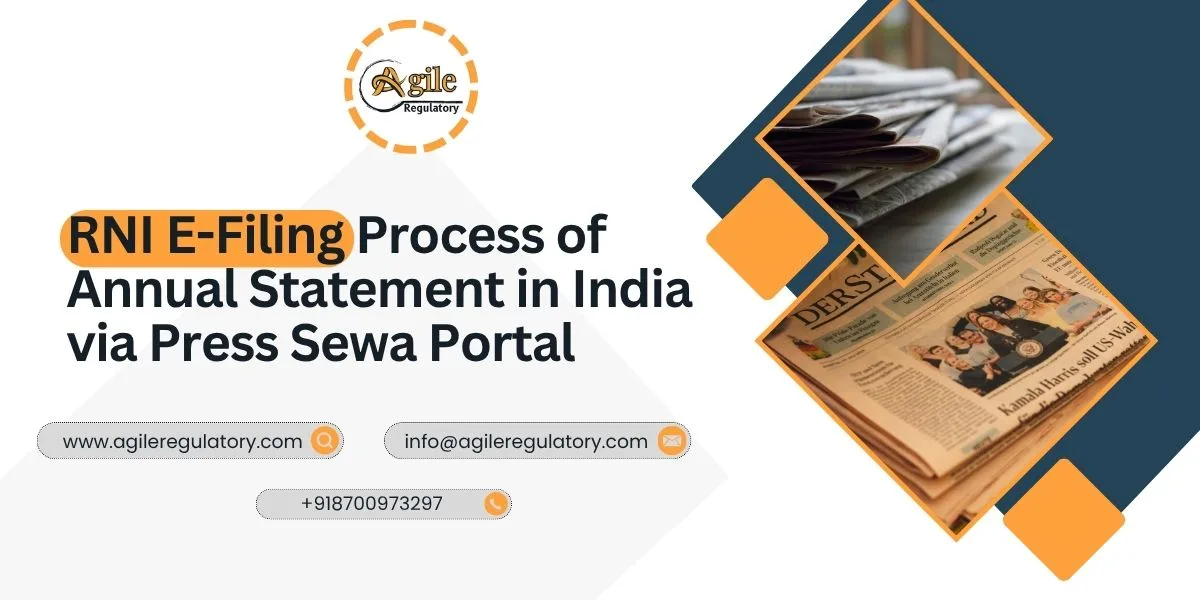

The Bureau of Indian Standards (BIS) is the Indian agency that gives out certification of quality and safety. Through BIS certification or license manufacturers can gain consumers’ trust and show consumers that they are authentic in the Indian market. While some products can be registered voluntarily, the government mandates that some products be certified by BIS. This article discusses information on BIS certification, BIS programs and benefits, and how to obtain a BIS license.
Bureau of Indian Standards (BIS) License is a quality assurance mark. Although a BIS Certificate license in India is mandatory for items such as electronics goods, safety appliances building materials etc must be certified. Through a BIS license, manufacturers can penetrate the Indian market and expand their business.
BIS provides several certification schemes to fulfil the demand gap of the manufacturer from domestic and international markets.
The ISI Mark Scheme also known as the Domestic Manufacturer Certification Scheme is for domestic manufacturers in India. The ISI mark shows that an item is conforming to the relevant Indian standards set. To ‘use’ the ISI mark, manufacturers have to get a BIS license.
The Foreign Manufacturer Certification Scheme allows manufacturers from foreign countries to do business in this country. The FMCS has permitted the ISI mark for the products manufactured by foreign manufacturers if they conform to the Indian standard. This certificate does not apply to electronics and IT goods.
The Compulsory Registration Scheme (CRS) is particularly implemented for electronics and IT products. It guarantees that goods brought and sold in India are safe. CRS policy requires manufacturers to register with BIS, get a registration number and put the mark of BIS on their products.
Hallmarking was initiated to set the purity standards of metals. It mandates that jewellers should get the BIS registration before selling gold and silver ornaments and jewellery. This certification also guarantees consumers about legal purities.
The Eco Mark Scheme encourages environmental conservation in product development. It is extendable to different categories including soaps, cosmetics, biscuits and any other edibles. Products labelled with the Eco Mark are environmentally friendly and safe to use because they conform to the recommended high quality.
The BIS requires certification for specific articles such as electronic goods, building materials, and consumer products. A complete list of items requiring BIS Product Certification includes:
The BIS Product Certification process includes some steps. Here’s a breakdown of the process:
Documentation: Assemble all needed documents including business and trademark permits.
Application Submission: Apply officially to BIS.
Scrutiny of Application: BIS will review the application to check that it meets the requirements.
Audit of Manufacturing Premises: A BIS official surveys the manufacturing place.
Sample Testing: Samples of products are taken and then analyzed to ensure they comply with standards.
Grant of License: If all requirements are fulfilled, then BIS grants a license to use the mark for the product.
Getting a BIS license is expensive. Typical expenses include:
Testing Charges: Depending on the type and characteristic features of the product.
Government Charges: Include fees for applying for covers, fees for auditors, and fees for marking.
Professional Charges: Expenses incurred for the consultancy services of attorneys during the certification of the company.
The BIS is the chief national agency responsible for defining, establishing, and maintaining standards of products and the safety of customers in India. Through the schemes such as Domestic Manufacturer Certification Scheme, Foreign Manufacturer Certification Scheme, and the Compulsory Registration Scheme all products are regulated to meet prescribed safety and quality standards. There are many advantages of BIS certification, including increased consumer trust and compliance with the legal requirements.
Do you want professional help in BIS registration and compliance? Contact Agile Regulatory today for expert advice and consultation.

 Nishi Chawla
Nishi Chawla
30 Sep, 2025

 Nishi Chawla
Nishi Chawla
30 Sep, 2025

 Nishi Chawla
Nishi Chawla
26 Sep, 2025

 Nishi Chawla
Nishi Chawla
26 Sep, 2025

 Nishi Chawla
Nishi Chawla
25 Sep, 2025
We simplify compliance through a proven 4-step process: Consultation, Documentation, Submission, and certification. From understanding requirements to getting final approvals, we deliver a smooth, timely, and fully compliant journey for your business.
What our customer says about us
Fantastic support from the team. Their expertise transformed our approach, driving remarkable outcomes. A must-have partner for businesses seeking effective consulting solutions. Highly recommended.

KTPL Instruments
Agile Regualtory delivers exceptional solutions. Their insightful guidance streamlined our processes and boosted profitability. Highly recommended for businesses seeking expert consulting services to thrive.

Justrack IOT
Impressed by Agile Regulatory's expertise. Their strategic insights and practical solutions have elevated our business operations. A reliable partner for effective consulting services. Highly recommended for growth-focused businesses.

Coaire Compressor
Extraordinary consulting services. Their insightful solutions and dedicated team reshaped our business, driving remarkable improvements. Highly recommend it for transformative results.

Easy Polymer
Incredible experience with Agile Regulatory. Their innovative strategies and expert advice revitalized our business model, resulting in impressive growth. Highly recommend their exceptional consulting services.

Tarus International
Top-tier consulting! offered strategic solutions that revolutionized our approach. Their deep expertise and personalized guidance made a significant impact on our success. Highly recommend their services.

Anchor Weighing
Agile Regulatory exceeded expectations! Their tailored solutions, expertise, and proactive approach led to remarkable results. Highly recommend for businesses seeking impactful and strategic guidance.

AM Capacitor
Outstanding service! delivered targeted solutions with professionalism and expertise. Their insights elevated our business strategies, resulting in noticeable growth. Highly recommended for exceptional consultation.

Imaxx Pro Aquistic
Leave a Reply
Your email address will not be published. Required fields are marked *